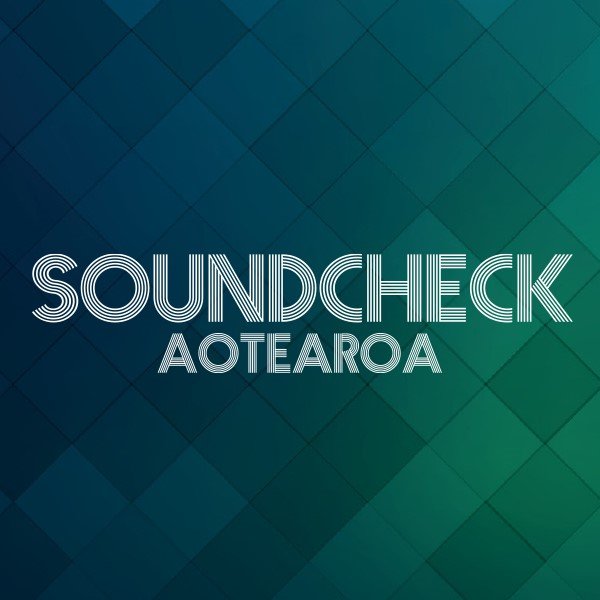ARTISTS/ARTIST MANAGERS/TOUR MANAGERS AT LIVE EVENTS
This section contains guidance for artists and their representatives in the context of live music events. It should be read together with the Guidance on Resources for the Live Music Sector. Also see HERE for guidance for artists and their representatives outside the live music context.
As an artist performing at a live music event, you may be thinking about your own safety, the safety of others you work with (for example your band or touring party) and your audience.
You may also have responsibility under the Health and Safety at Work Act (HSWA). The law says that a person conducting a business or undertaking (PCBU) has a duty of care to ensure, so far as reasonably practicable, the safety of people that the PCBU directs or influences in its work. This includes preventing sexual harassment.
If you are a performing artist, you may be a PCBU with a duty to others, for example:
people that you engage to work for you, whether or not on a regular basis, such as session musicians.
the regular members of your band or group – if you manage the business of the band or group.
members of your touring party when you are on tour.
people working on or attending the live music event you are performing at, if you have sufficient control or influence over that event.
As an artist manager, you may be a PCBU with respect to the business of the artist that you manage, and/or with respect to your own management business.
WORKING WITH OTHERS ON AN EVENT / OVERLAPPING DUTIES
The law says that PCBUs have a duty of care with respect to those matters over which they have control and influence. Live music events typically involve multiple PCBUs all working together to deliver the event, with overlapping duties.
Promoters and venues have a high level of control and influence over an event and they tend to engage others such as production vendors, crew and security.
As a performing artist/touring party its likely you will be working within an overall health and safety framework defined by the promoter and/or venue. You may want to find out what measures are being put in place by the promoter and venue(s) to manage the risks of sexual harassment, ask questions about this and where appropriate seek commitments in your rider.
Here is a checklist of things you can do/questions you can ask ahead of an event or tour: Show Checklist - Artist
You can also read the Guidance for Promoters and Venues to find what measures they can put in place.
If you or your manager has the resources to play a leading role and/or to be more closely involved in preventing sexual harassment, you can use the Artist Safety Measures to assist in identifying relevant safety measures. This document provides a broad set of safety measures that you can use at your shows and on the road. You’ll need to consult with promoters and venues in advance about how and where these safety measures are implemented; some of them will require their direct involvement. These safety measures can also be applied to your touring party only if it is not possible to implement across a larger festival or multi-act bill.
Even if you are working within an overall framework defined by the promoter and venue, you still have a duty to manage risks in connection with matters over which you have control or influence. If you are an artist, artist manager, booking agent, or tour manager that is in control of or has significant influence over the artist business in general, or event or tour specifically, you will also have a duty under the HSWA to manage the risks of sexual harassment within your sphere of control and influence. This is likely to include at least the people and equipment and services that you bring to a live music event, for example your band and touring party.
For example:
a tour manager may need to manage risks of harassment occurring in relation to the touring party, e.g. if harassment could occur during a party that takes place after the show tour managers could consider ensuring there is a responsible host or supervisor present.
if one member of the band experiences harassment by another member, or a member of the public reports' harassment by a member of the band, this may be the remit of the lead artist or artist manager.
You can also play a part in preventing sexual harm across your business and workplace generally, using the Foundational Resources and Other Resources included below.
FOUNDATIONAL RESOURCES
In addition to planning for specific music events or tours, artists and their representatives can also implement safety measures across their work generally. WorkSafe guidance requires all PCBUs to have a clear policy on preventing and responding to sexual harassment. You may also want to have a Code of Conduct to ‘set the tone’ for how you work with others and your expectations of them, and to act as a tool to have conversations about inappropriate behaviour. These are documents you can adopt and use even if you are a sole trader or a small business. You may also want to use a health and safety briefing with your band or touring party to highlight that sexual harassment is not tolerated, and let people know what to do if they see or experience it. You can read more about these documents and access downloadable templates here:
You can also undertake training for yourself and others you work with on how to prevent and respond to sexual harm.
OTHER RESOURCES

